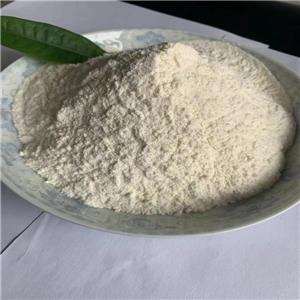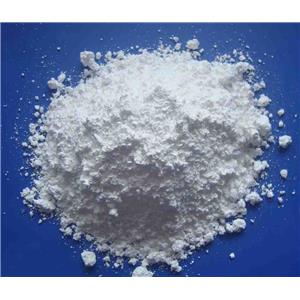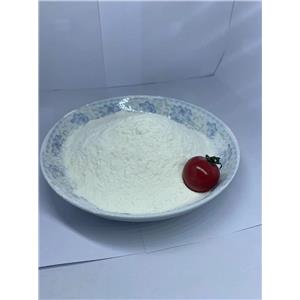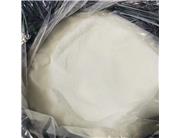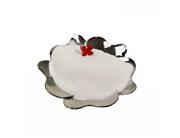| Description | YK11 is a partial agonist of androgen receptor, with osteogenic activity. |
|---|
| Related Catalog | Signaling Pathways >> Others >> Androgen Receptor Research Areas >> Metabolic Disease |
|---|
| Target | Androgen receptor[1] |
|---|
| In Vitro | YK11 is a partial agonist of androgen receptor, and induces myogenic differentiation of C2C12 Cells at 500 nM via Fst mRNA upregulation by AR. YK11 enhances Myf5 and myogenin mRNA expression, but requires high concentrations (YK11, 100 nM or 500 nM)[1]. YK11 (0.5 µM) increases the cell growth of osteoblastic MC3T3-E1 cells, and enhances ALP activity via AR. YK11 also elevates osteoprotegerin mRNA expression (0.5 µM) and dose-dependently increases osteocalcin mRNA expression (0.1-1.0 µM). In addition, YK11 enhances phosphorylation of Akt protein via rapid non-genomic signaling[2]. |
|---|
| Solvent | In Vitro: DMSO : ≥ 64 mg/mL (148.65 mM) * "≥" means soluble, but saturation unknown. |
|---|
| Solubility | 1 mM2.3227 mL11.6136 mL23.2272 mL5 mM0.4645 mL2.3227 mL4.6454 mL10 mM0.2323 mL1.1614 mL2.3227 mL |
|---|
| Cell Assay | Mouse myoblast C2C12 cells are cultured in Dulbecco’s modified Eagle’s medium (DMEM) supplemented with 10% fetal bovine serum (FBS) at 37°C in a humidified atmosphere with 5% CO2. C2C12 cells are seeded on plates and maintained in culture medium for 24 h. To induce myogenic differentiation, YK11 or DHT in DMEM supplemented with 2% horse serum (differentiation medium) is added to the cells on day 0. For the neutralization assay of Fst (also known as activin-binding protein), C2C12 cells are maintained in differentiation medium in the presence of anti-Fst antibody[1]. |
|---|
| Storage | Powder-20°C3 years 4°C2 yearsIn solvent-80°C6 months -20°C1 month |
|---|

 China
China
